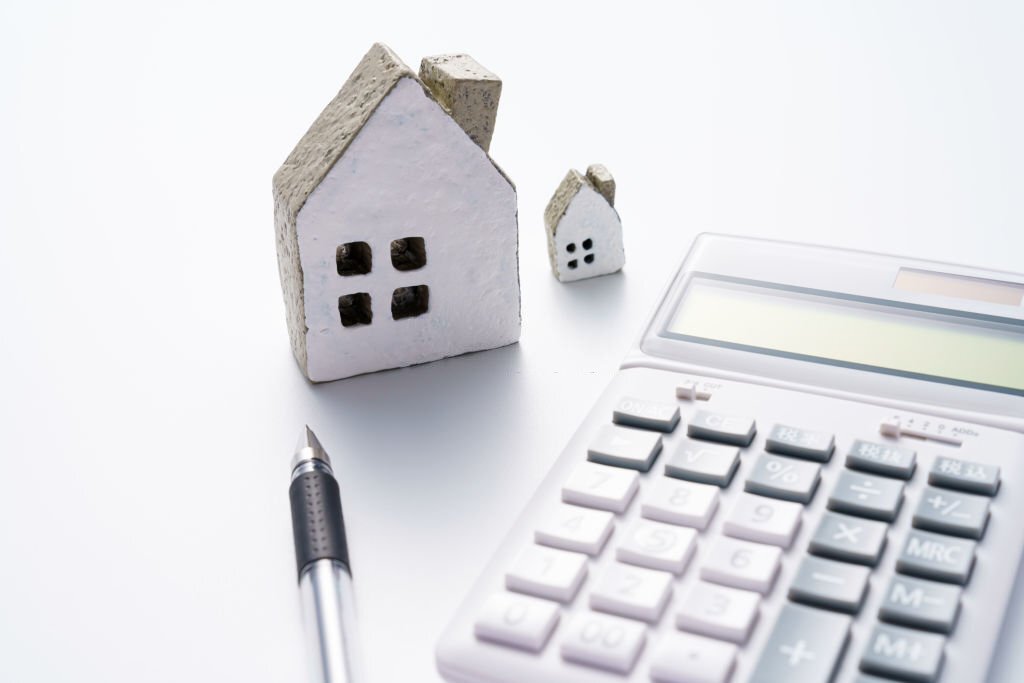Closing costs are fees that come with your home purchase that are paid at the closing of a real estate transaction. Closing is defined as the moment when the title of the property is transferred from the seller to the buyer. Closing costs can consist of a range of charges. Some of these costs can be to the property, we will be discussing some of these costs as it relates to the Nigerian real estate market such as;
Property appraisal fees – Charges payable to a qualified appraiser, usually conducted by a certified estate valuer for estimating the market value of a property. As an independent assessment of a property’s value, an appraisal is important for a buyer to know how much a property is worth.
Legal fees – This is the cost of running a due diligence on the property documents through the authorities to verify its authenticity, and handling of all legal paperwork in the closing process. This is done by a licensed lawyer.
Brokerage commission – This is a commission paid to a professional real estate broker for listing a property, organizing a private viewing for the client, providing all necessary property title documents for verification, helping out in the negotiation process on behalf of the client, and eventually closing the transaction. These costs are generally 3 to 5 percent of the property valuation.
Survey fees– A professional surveyor charges a property survey fee to conduct a survey and create a drawing of a landowner’s or homeowner’s property. The drawing shows the property’s boundaries, improvements such as fences and pools, and any encroachments or easements on the land. The fee depends on a variety of circumstances, including the property’s size, shape, terrain and accessibility. In a home or land sale transaction, the buyer usually pays the property survey fee, but sometimes a seller is willing to pay for it.

It is important to note that closing costs are not only incurred by the buyer but that the seller can also have to pay some of these costs. While sellers are not responsible for any of the loan origination fees, home inspection, or appraisal fees, there are still costs they are required to pay. Sellers will usually pay for taxes on the home sale and the cost to transfer the title to the buyer. Sellers are also typically responsible for paying the commission that goes to the real estate listing agent — or at least a portion of the total commission; these commissions can be anywhere from 3 to 5 percent of the final sale price.
Can closing costs be negotiated or avoided? Yes they can, and you should negotiate. Although there is no way to eliminate all taxes and fees, there are methods to drastically cut down some of the negotiable line items. Closing costs can also be avoided if you negotiate a mortgage that does not have any closing costs. However, remember that closing costs must be paid in one way or another therefore, in this case, the lender will typically raise the interest rate or bundle closing costs into your mortgage’s total cost. In addition you can also negotiate with the seller, in some cases, buyers can negotiate with the seller so that the seller pays closing costs instead.
It is also worth noting that closing costs can be reduced if you pay for cash rather than getting a loan whereby there are closing costs that come from the mortgage lender.
In summary, whilst purchasing a home can be a monumental and joyous moment in one’s life, one needs to be aware of the entire picture and many first time buyers are taken aback by these “surprise” costs that appear at the end of the transaction.
If you would like to know more about closing costs, and acquire a property within Ikoyi, Victoria Island, Oniru, Lekki, Epe, please reach out to us at Demaxon.

